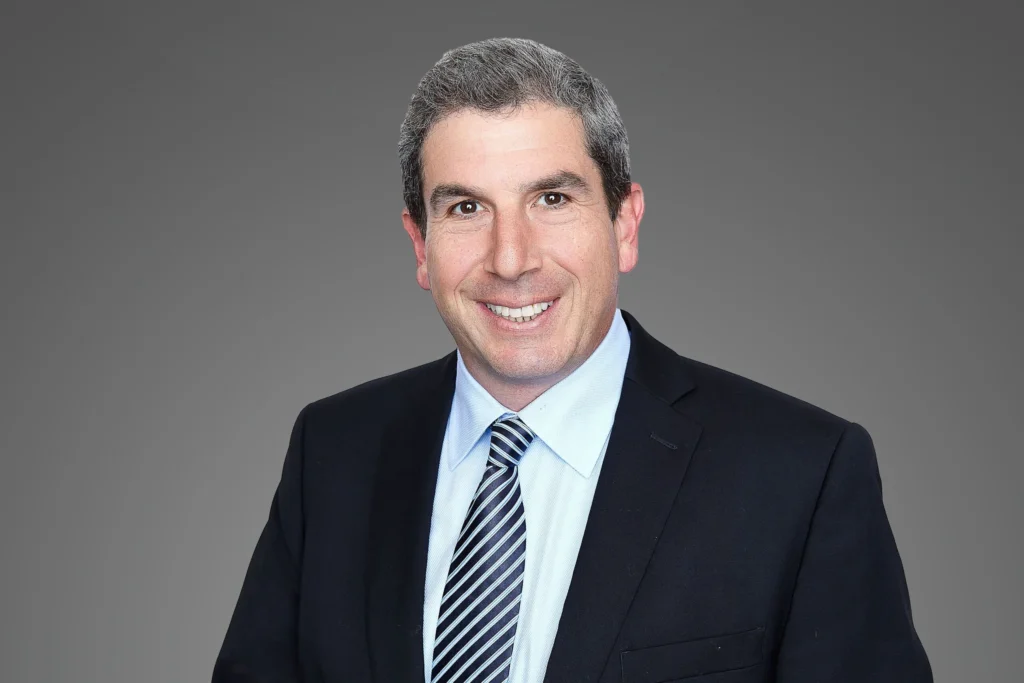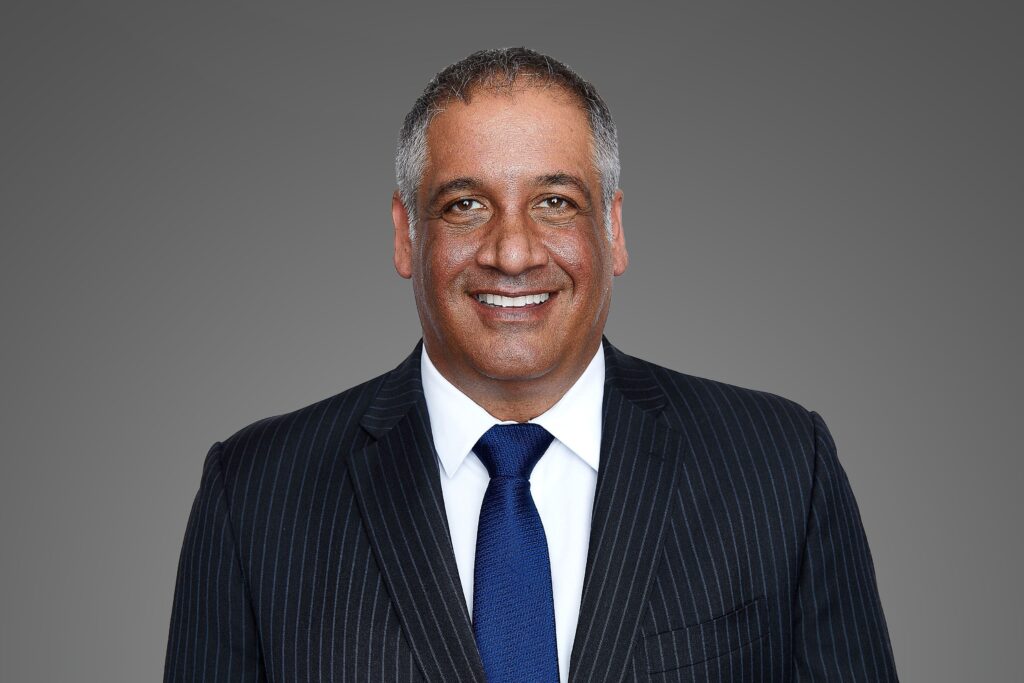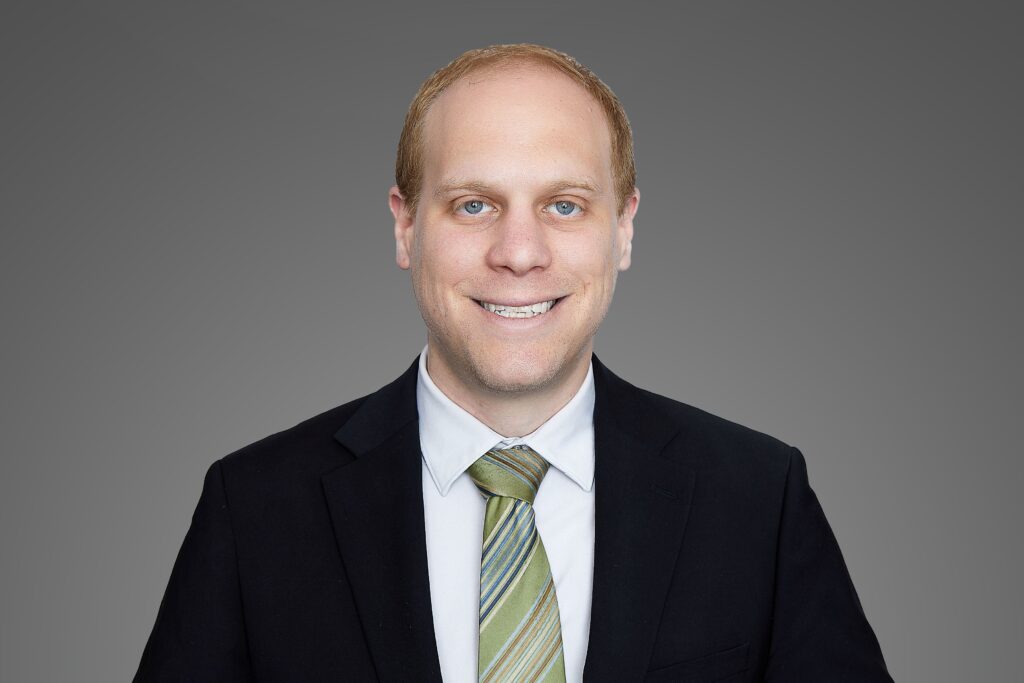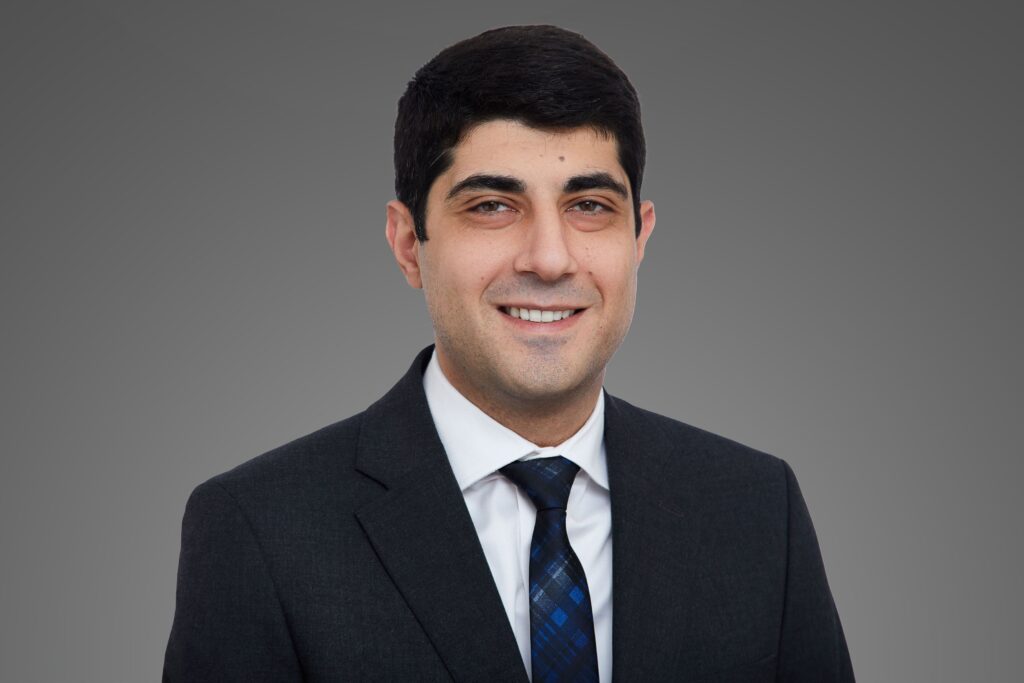When insurance companies are sued for insurance bad faith, also known as breach of the implied covenant of good faith and fair dealing, they often defend against the bad faith claim by arguing that, even if they were mistaken in their handling of a claim, they were not unreasonable. Because “reasonableness” is the standard an insurer is judged by in determining bad faith, this argument, while not negating a breach of contract claim, can defeat that an insurance bad faith claim. Defeating a bad faith claim can be critical because bad faith claims are what allow policyholders to recover extra-contractual damages.
One of the tools insurance companies use to defend against claims of bad faith, is to argue there was a “genuine dispute” about an aspect of the claim that was reasonable. This would defeat a bad faith cause of action because a reasonable and good faith dispute in not bad faith. The California Supreme Court has stated “a genuine dispute exists only where the insurer’s position is maintained in good faith and on reasonable grounds.” (Wilson v. 21st Century Ins. Co. (2007) 42 Cal.4th 713, 723 (italics in original).) Often the asserted genuine dispute is based on an opinion of an expert the insurance company has hired.
On June 19, 2017, in Zubillaga v. Allstate Indemnity Co. (2017) DJDAR 5863, the Court of Appeal addressed an insurance company’s assertion of the genuine dispute doctrine as a defense to a bad faith claim. The case arose out of a car accident and an underinsured motorist claim. The policyholder’s injuries included back pain, for which her doctor recommended, among other things, epidural steroid injections. The insurer rejected the steroid injection, relying on its expert’s report. The insurer only offered a little over $15,000 to settle, although the policy limits provided for $35,000 of available coverage. After the policyholder was awarded the full $35,000 in arbitration, she brought a claim for insurance bad faith.
Allstate argued that, based on its expert’s report, there was a genuine dispute regarding whether plaintiff needed “expensive epidural steroid injections.” The Court rejected that argument, noting that the insurer’s expert opinions were from 2012, and the insurer continued to rely on them for the next year without consulting the expert again. The Court noted that, after the insurer obtained its expert’s opinion, “plaintiff had received one lumbar steroidal epidural injection.” The Court ruled that because the insurer “never asked” its expert about this subsequent treatment, it was unreasonable to continue to rely on those reports.
Case law has previously held that an insurance company cannot “insulate itself from liability for bad faith conduct” simply by hiring an expert to manufacture a “genuine dispute.” (Chateau Chamberay Homeowners Ass’n v. Associated Intern. Ins. Co. (2001) 90 Cal.App.4th 335, 349, n.3.) The decision in Zubillaga reinforces that principal, and reflects that California courts will closely scrutinize a genuine dispute defense. Where the insurer is relying on an outdated expert report, under Zubillaga, the genuine dispute defense is unavailable.







